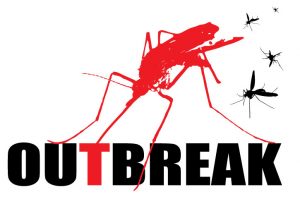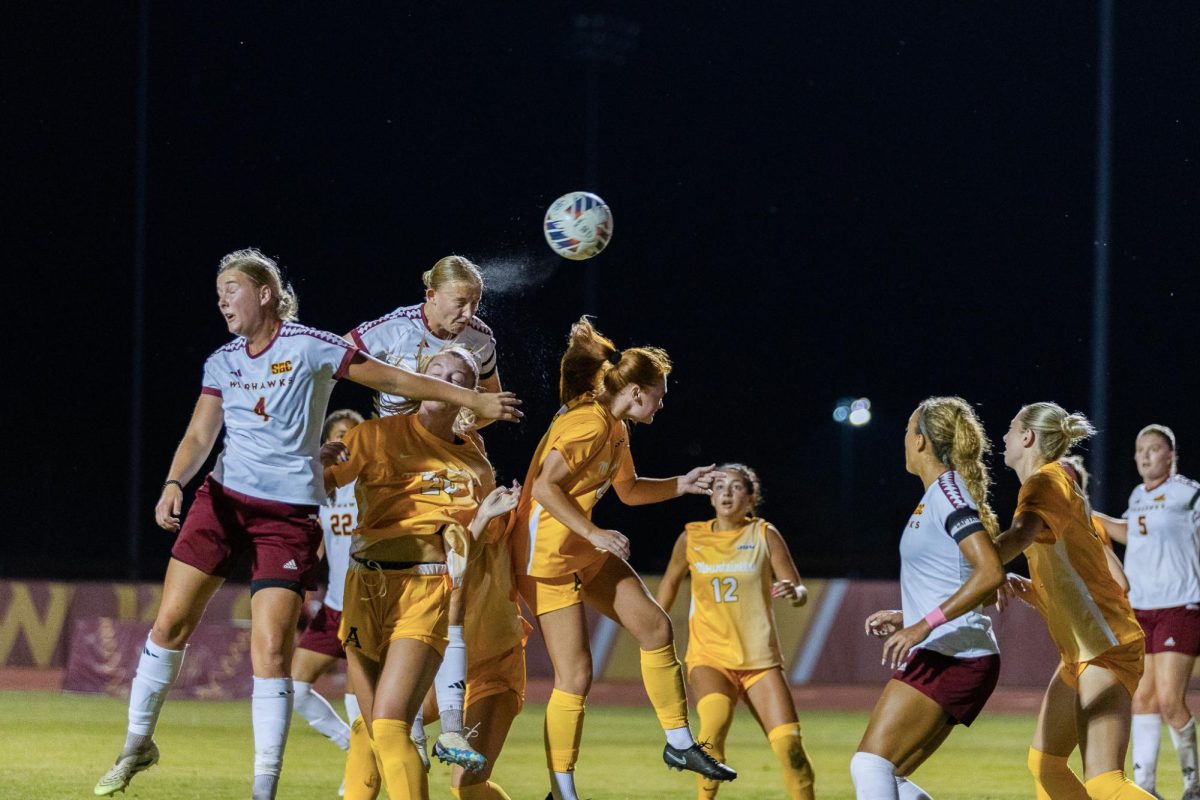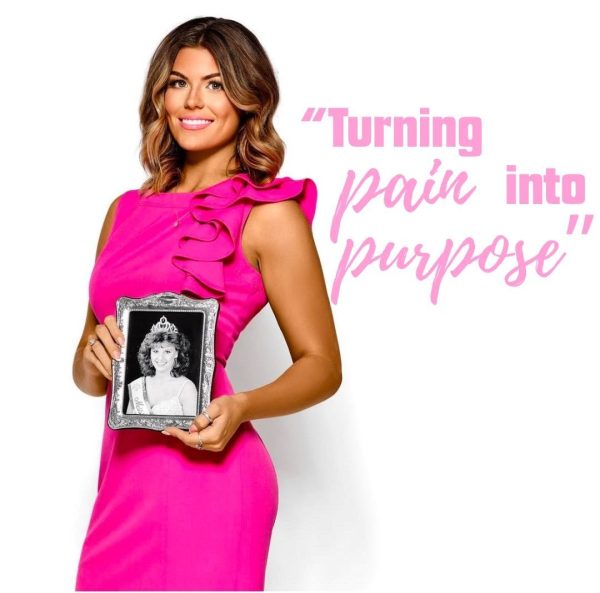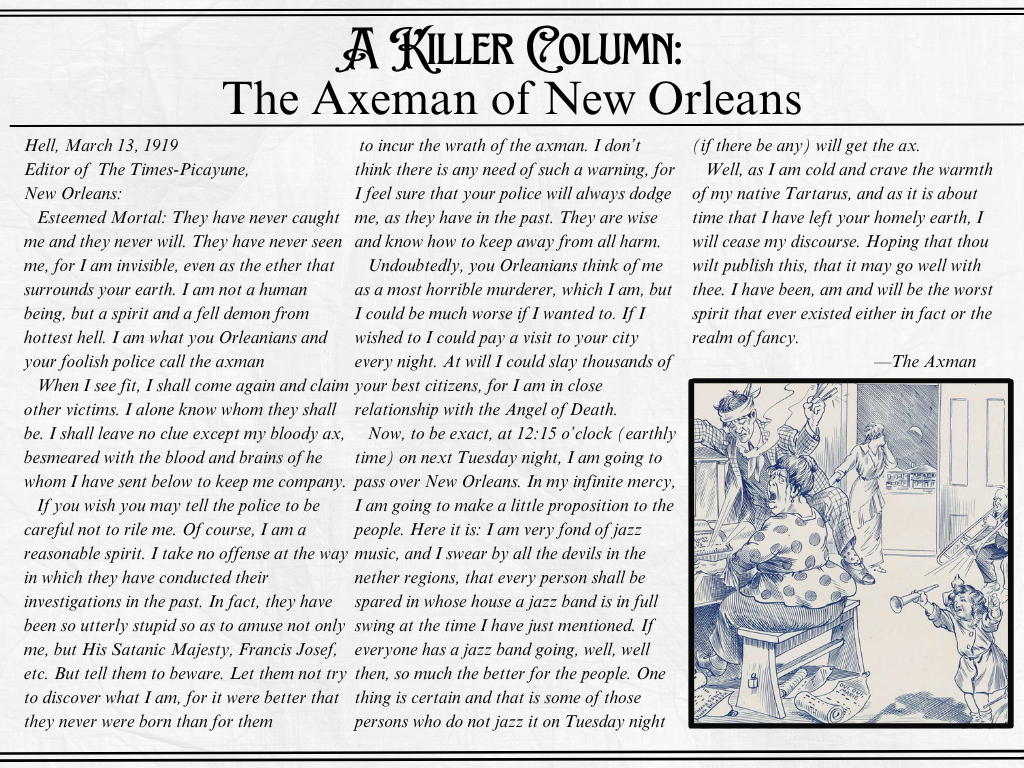 Louisiana has seen a steep rise in the mosquito-carried West Nile virus this year.
Louisiana has seen a steep rise in the mosquito-carried West Nile virus this year.
Among the 53 new cases of West Nile virus infection reported by the state on Aug. 24, two of them are in Ouachita Parish.
The Ouachita Parish Mosquito Abatement District has mosquito pools set up throughout the parish which are tested often for the virus.
“There are few places parish-wide where we haven’t found the West Nile virus in our traps,” said Shannon Rider, Ouachita Parish Mosquito Abatement District Director.
Rider said one of the new cases was reported as West Nile neuro-invasive disease, the more serious form of the virus, bringing the total number of neuro-invasive diseases in Ouachita Parish this year to three.
West Nile neuro-invasive disease infects the brain and spinal cord and can cause brain damage or death. The second found in the area was the more mild fever form.
Ouachita Parish Mosquito Abatement District has been spraying all year, and Rider said this may be why the parish’s numbers are low in viruses and continuing to decrease compared to other areas.
Right now most of their focus is on ground treatment, as they have found the virus in many of their traps they have set up. However, when they do spray by air, ULM does fall within their sprayings.
“We especially spray the ULM area around football season over the football facilities on campus, but we don’t always get to spray the rest of the campus since people are often walking around,” said Rider.
The football area of campus was scheduled to be sprayed Friday night before Bayou Jamb on Saturday.
The new cases mark 145 reported infections in Louisiana so far in 2012. This is the highest number of cases the state has seen in the past several years.
The state also confirmed three deaths from West Nile last week. So far in 2012, nine people have died from this disease, according to the Department of Health and Hospitals.
According to the Centers for Disease Control and Prevention, symptoms can include high fever, headache, neck stiffness, stupor orientation, coma, tremors, muscle weakness, vision loss, nausea, vomiting, numbness or paralysis and sometimes swollen lymph glands or a skin rash on the chest, stomach and back. Symptoms can last for as short as a few days, though even healthy people have become sick for several weeks.
However, approximately 80 percent of people who are infected with West Nile do not show any symptoms at all.
State health officials urge the public to be vigilant in avoiding mosquito bites.
“West Nile has been present in Louisiana every year since 2002, and if you can be bitten by a mosquito, you can get this disease,” said J.T. Lane, DHH Office of Public Health Assistant Secretary. “But, this is an easy illness to avoid – if you know you’ll be outside, take a few minutes to apply repellant. We want people to be especially mindful of this because we are just getting to the time of year when people are spending more time outside tailgating, going to football games and having cookouts. Be aware of West Nile, and do what you need to do to protect yourself.”
As they continue treatments for the virus, Rider said people should take action to protect themselves by avoiding outdoor activities at dusk and dawn because those are the times when mosquitos are most active. People should also avoid wearing perfumes, colognes and scented lotions because mosquitos are attracted to most of the scents. Wearing light colors also helps.
Repellent containing DEET is the most effective. The American Academy of Pediatrics (AAP) recommends that repellents should contain no more than 30 percent DEET when used on children.
“We know from a decade of surveillance that this virus has been found in mosquitoes everywhere in our state, so people need to ‘Fight the Bite.’ If you can reduce your risk of being bitten by an infected mosquito, you can reduce your risk of getting West Nile,” said State Health Officer Dr. Jimmy Guidry.









